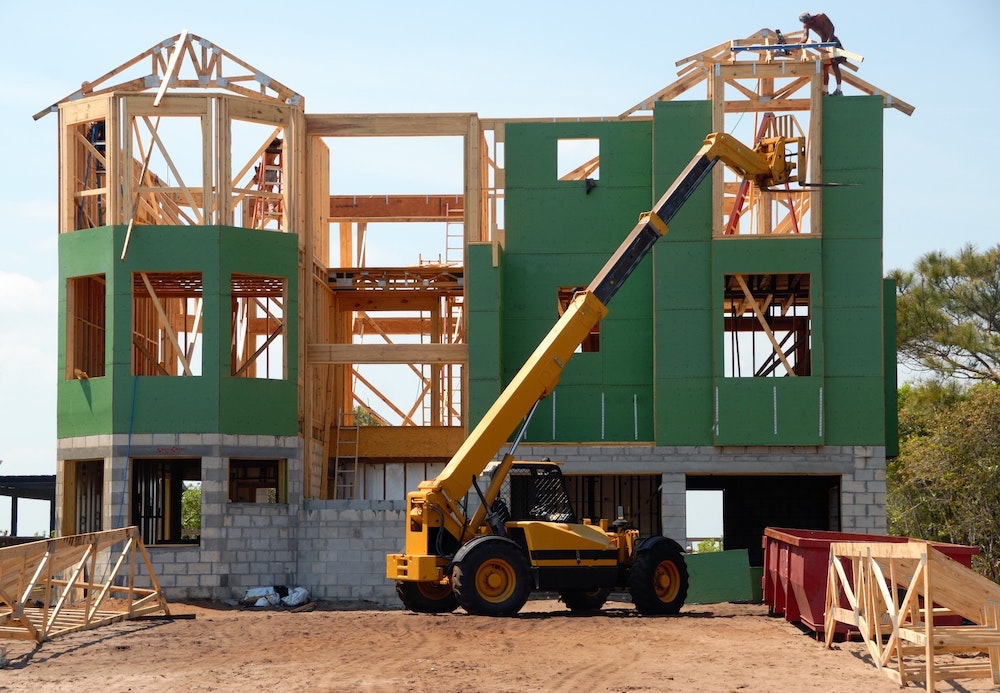The Financial Services Compensation Scheme (FSCS) has revised its levy forecast for 2021/22 to £833m, a reduction from the initially forecast levy for the year of £1.04bn.
This re-forecast is £206m lower than the initial levy announced in January, but still represents an increase of £133m compared to the 2020/21 levy of £700m.
The FSCS stated that the lower forecast is due to the extension of government support schemes since January, as well as the compensation scheme seeing lower claims volumes relating to recent insurance failures than it had been expecting.
As part of the change, and as a number of classes are likely to see more claims than they can be invoiced for in a year, the FSCS confirmed that the £833m levy is expected to include £116m for the retail pool. This is a separate pot that other FCA classes are required to contribute to if they have not reached their maximum levy limit, and another class has exceeded its own limit.
FSCS chief executive, Caroline Rainbird, said: “While it may be welcome news to see a lower forecast than announced in January, we do not call this a successful outcome or ‘good news’. There is still a chance that these re-forecasted failures could occur in the years ahead. We also appreciate the levy, even at this updated forecast of £833m, is too high and the cost could put pressure on firms’ finances.
“We are doing all that we can to help reduce the levy and are delaying calling for the retail pool to avoid invoicing for more than we need and to help spread the costs.”
However, chief executive of the Association for Mortgage Intermediaries (AMI), Robert Sinclair, warned that neither the FCA or firms can take comfort in the levy’s reduction.
“The amount of compensation for the failure of the FCA to adequately control markets is still eye-watering,” Sinclair commented.
“Whilst the amount mortgage and protection advice firms will have to pay will now only be slightly higher than last year, the guillotine remains over their necks for a further levy later in the year. This is due to the widespread fraud and poor advice in the investment and pensions sector, for which they have no direct responsibility.
“AMI remains of the view that the funding of the compensation scheme still needs the development of a new approach. As a minimum, the Treasury must allow the FCA to retain financial penalties to reduce the amount good firms are being asked to pay.”
Latest News
-
Metro Bank hits record growth in corporate and commercial lending
-
Intermediary confidence softens slightly in Q4 – IMLA
-
Record flows drive Quilter’s AUMA to £141bn
-
8.6 million savings accounts exposed to tax
-
Mortgage lending rises 16% in 2025 – UK Finance
-
Nationwide doubles households who can benefit from 0% green home borrowing
Mortgage Advice Bureau and AI in the mortgage sector
Chief executive officer at Mortgage Advice Bureau, Peter Brodnicki, and founder and managing director at Heron Financial, Matt Coulson, joined content editor Dan McGrath to discuss how Mortgage Advice Bureau is using artificial intelligence to make advancements in the mortgage industry, the limitations of this technology and what 2026 will hold for the market
Perenna and the long-term fixed mortgage market

Content editor, Dan McGrath, spoke to head of product, proposition and distribution at Perenna, John Davison, to explore the long-term fixed mortgage market, the role that Perenna plays in this sector and the impact of the recent Autumn Budget
NEW BUILD IN FOCUS - NEW EPISODE OF THE MORTGAGE INSIDER PODCAST, OUT NOW

Figures from the National House-Building Council saw Q1 2025 register a 36% increase in new homes built across the UK compared with the same period last year, representing a striking development for the first-time buyer market. But with the higher cost of building, ongoing planning challenges and new and changing regulations, how sustainable is this growth? And what does it mean for brokers?
Does the North-South divide still exist in the UK housing market?

What do the most expensive parts of the country reveal about shifting demand? And why is the Manchester housing market now outperforming many southern counterparts?
In this episode of the Barclays Mortgage Insider Podcast, host Phil Spencer is joined by Lucian Cook, Head of Research at Savills, and Ross Jones, founder of Home Financial and Evolve Commercial Finance, to explore how regional trends are redefining the UK housing, mortgage and buy-to-let markets.
In this episode of the Barclays Mortgage Insider Podcast, host Phil Spencer is joined by Lucian Cook, Head of Research at Savills, and Ross Jones, founder of Home Financial and Evolve Commercial Finance, to explore how regional trends are redefining the UK housing, mortgage and buy-to-let markets.
© 2019 Perspective Publishing Privacy & Cookies









Recent Stories